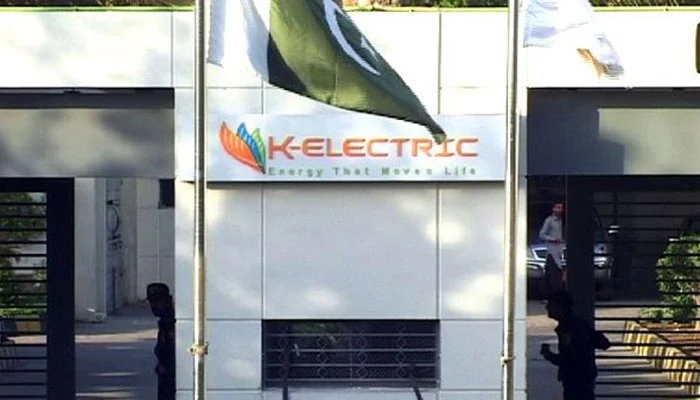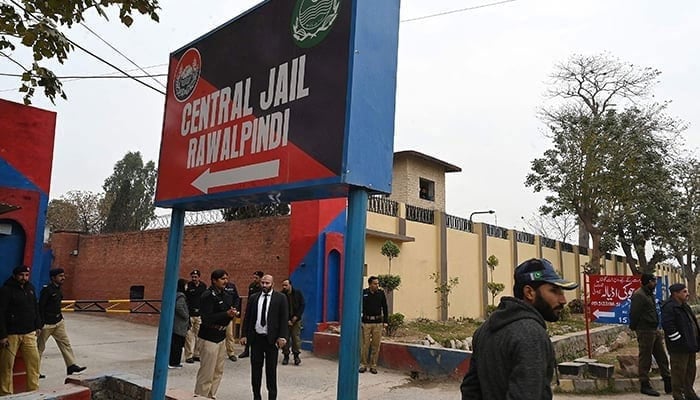Government Opposes K-Electric’s Tariff Hike Proposal
ISLAMABAD: The federal government has rejected K-Electric’s (KE) multi-year tariff proposal, describing it as excessive and placing an unfair burden on Karachi’s electricity consumers.
Government’s Stance
- Advised Reduction: The government has recommended the National Electric Power Regulatory Authority (NEPRA) cut KE’s proposed base tariff from Rs44.69 per unit to Rs34.87 per unit through targeted cost adjustments.
- Criticism of KE’s Proposal: KE’s projections were labeled inflated and unrealistic, with claims of exaggerated costs, outdated assumptions, and speculative investments.
Key Recommendations by the Power Division
- Realistic Capital Expenditures (CAPEX):
- Aligning CAPEX with actual growth projections could save Rs0.30 per unit.
- Return on Equity (RoE) Adjustment:
- By linking RoE to the Pakistani Rupee instead of the US Dollar, Rs1.20 per unit could be saved.
- Debt Cost Revision:
- Recalibrating debt spreads to reflect market conditions could cut Rs0.50 per unit.
- Updated Depreciation Rates:
- Adjusting asset depreciation schedules could reduce costs by Rs0.20 per unit.
- Current Interest Rates:
- Using updated interest rates could trim the tariff by Rs0.95 per unit.
- Optimized Working Capital:
- Aligning with actual needs could save Rs1.83 per unit.
- Increased Reliance on National Grid:
- Procuring 50% of KE’s power from CPPA-G instead of in-house generation could save Rs0.28 per unit.
- Transition to “Take-and-Pay” Contracts:
- Shifting 20% of generation contracts to this model could reduce costs by Rs2.51 per unit.
- Improved Recovery Loss Benchmarks:
- Adjusting recovery loss allowances to reflect KE’s best performance could save Rs1.47 per unit.
- Reduced Retail Margins:
- Basing retail margins on cost recovery could lower the tariff by Rs0.59 per unit.
Government’s Critique of KE’s Operations
- Inflated Costs: The government claims KE’s costs are disconnected from ground realities, with assumptions that lack supporting evidence.
- Excessive Contracts: KE’s reliance on fixed-cost contracts burdens consumers regardless of actual power consumption.
- Accountability Concerns: KE declined to respond to questions on inflated CAPEX, RoE calculations, and limited reliance on cheaper national grid power, raising transparency issues.
Potential Consumer Impact
- Relief for Karachi Consumers: If implemented, the government’s recommendations would significantly reduce electricity costs for Karachi’s residents and businesses.
- Reduced Subsidy Burden: Lower tariffs would also ease the federal government’s subsidy obligations.
KE’s Position
- KE seeks a Rs10.69 per unit hike, citing various cost components, including:
- Energy Purchase Price (EPP): Rs18.88 per kWh.
- Capacity Purchase Price (CPP): Rs12.54 per kWh.
- Transmission Charges: Rs3.48 per kWh.
- Distribution Charges: Rs3.84 per kWh.
- KE maintains that its requests are fair and necessary to ensure operational sustainability, though it faces scrutiny for lack of transparency and exaggerated figures.
Conclusion
The government’s proactive stance seeks to balance consumer relief with operational sustainability for K-Electric, while emphasizing accountability and efficient energy management. With the tariff petition under review, NEPRA’s final decision will be critical for Karachi’s energy landscape and broader economic implications.
To Keep Updated Visit & Follow our Facebook Page Or Our Website




